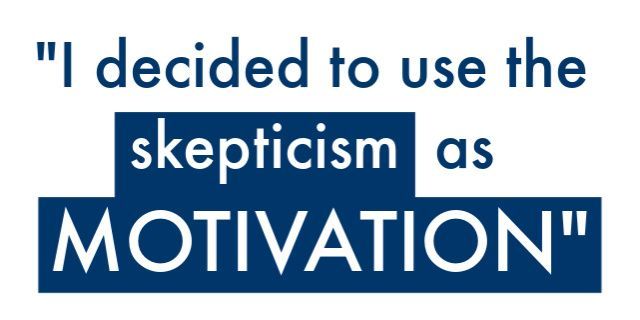
Willing to Learn
From a long-term mission worker in Russia.
Being a Learner
One of the best ways to step into another culture is to have the posture of a learner. A large part of that is learning the heart language of the local people. For me, this meant Russian first and now Buryat as well. Yes, it’s tough, but what took me by surprise is the joy I experience in my ongoing cultural learning … through music!
Playing a New Instrument
The first time I heard the Morin Khuur played, I was at an outdoor concert in Ulan Ude. I was fascinated by this instrument and really wanted to learn how to play it!
People started playing this instrument 2000 years ago in Mongolia. It is made up of a wooden framed sound box with 2 strings attached. If you look at the top of the long neck portion of the instrument you will see a carved horsehead.
Determination and Delight
There wasn't a lot of encouragement for me as I attempted to learn this instrument. In Russia, many people believe that if you do not learn something as a child, it is too late to start! However, rather than let the negative voices discourage me, I decided to use the skepticism as motivation.
I reasoned - how can age matter if you have desire and determination?!

In the process of learning and accompanying others, the delight I feel in sharing Buryat style music in our local church, is life giving!! Today, that team has expanded to include a choir and a couple more instruments. On top of that, people from several different churches in the area now gather together to sing and write music in the Buryat language!
The Buryat believers in the church are being impacted because they see how their unique style of music can be used to worship God! It is amazing to be a part of this!
You've felt God's call to missions, but getting started can be overwhelming. We'd love to help you discern where God may be leading you and help you take the next step. Our coaches are ready to connect with you!
Additional Posts





